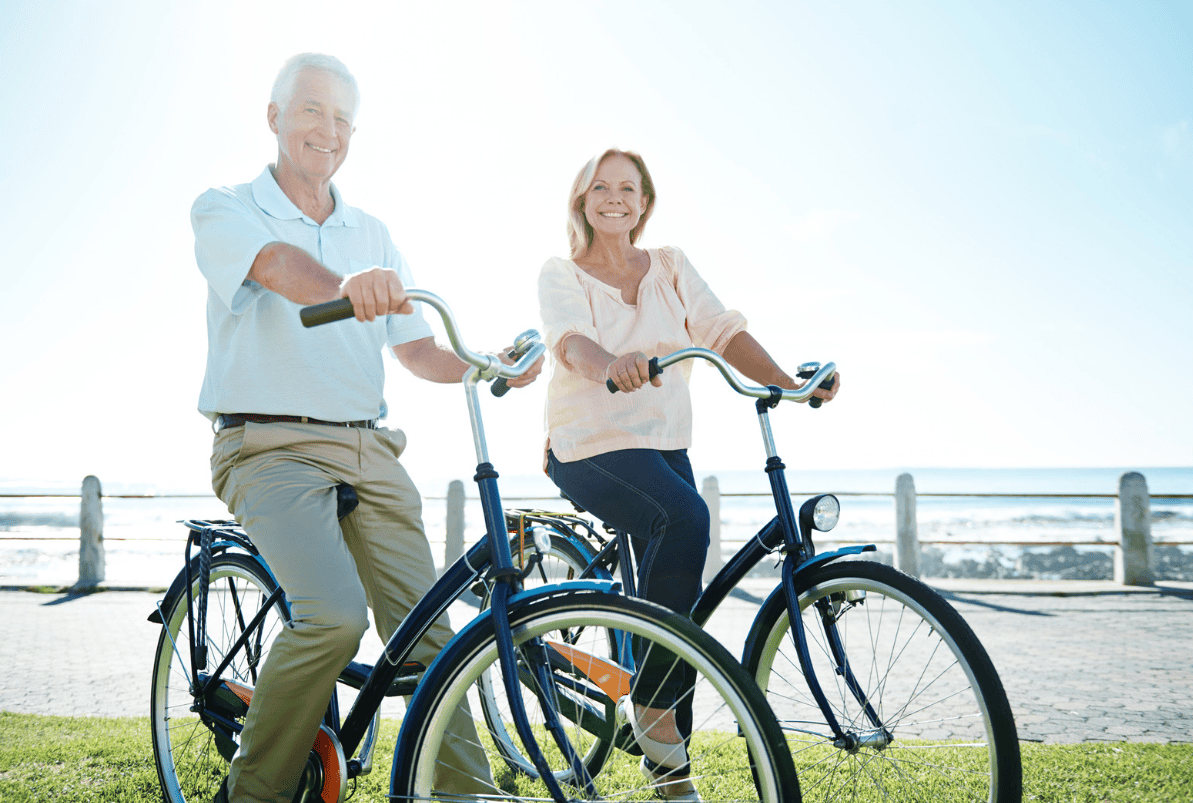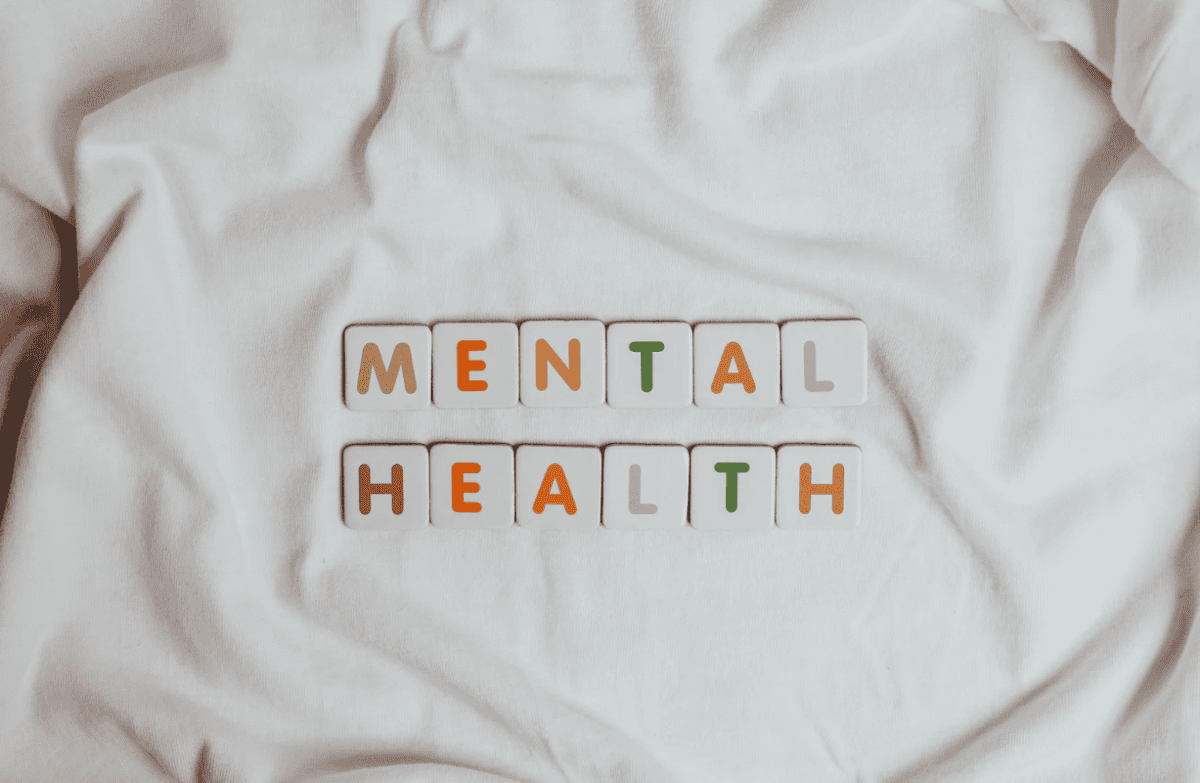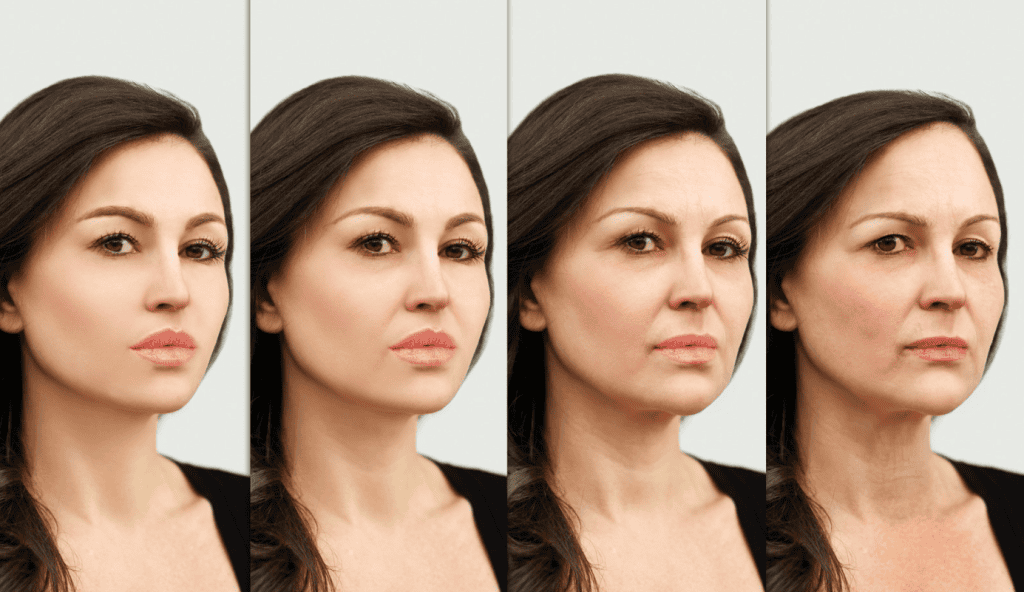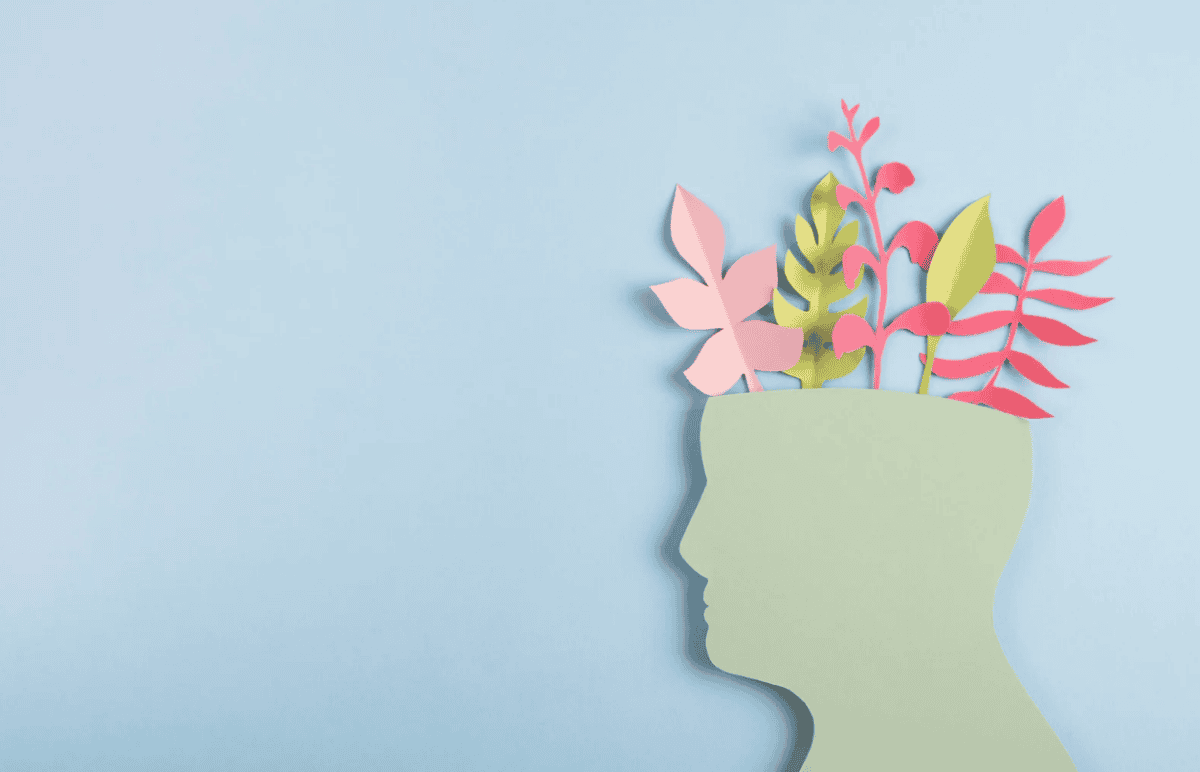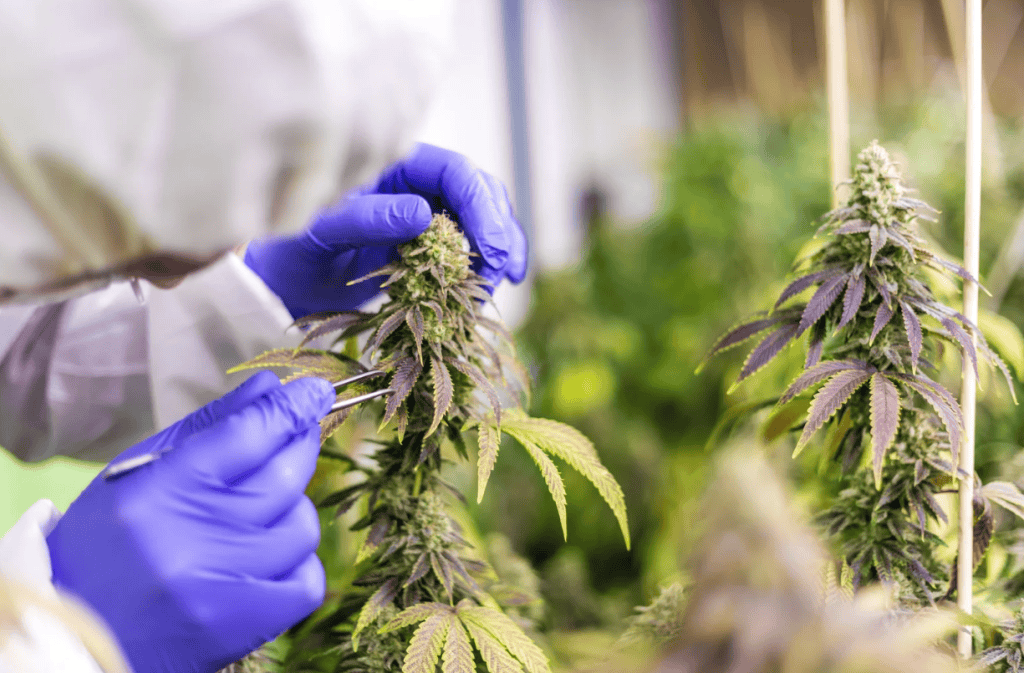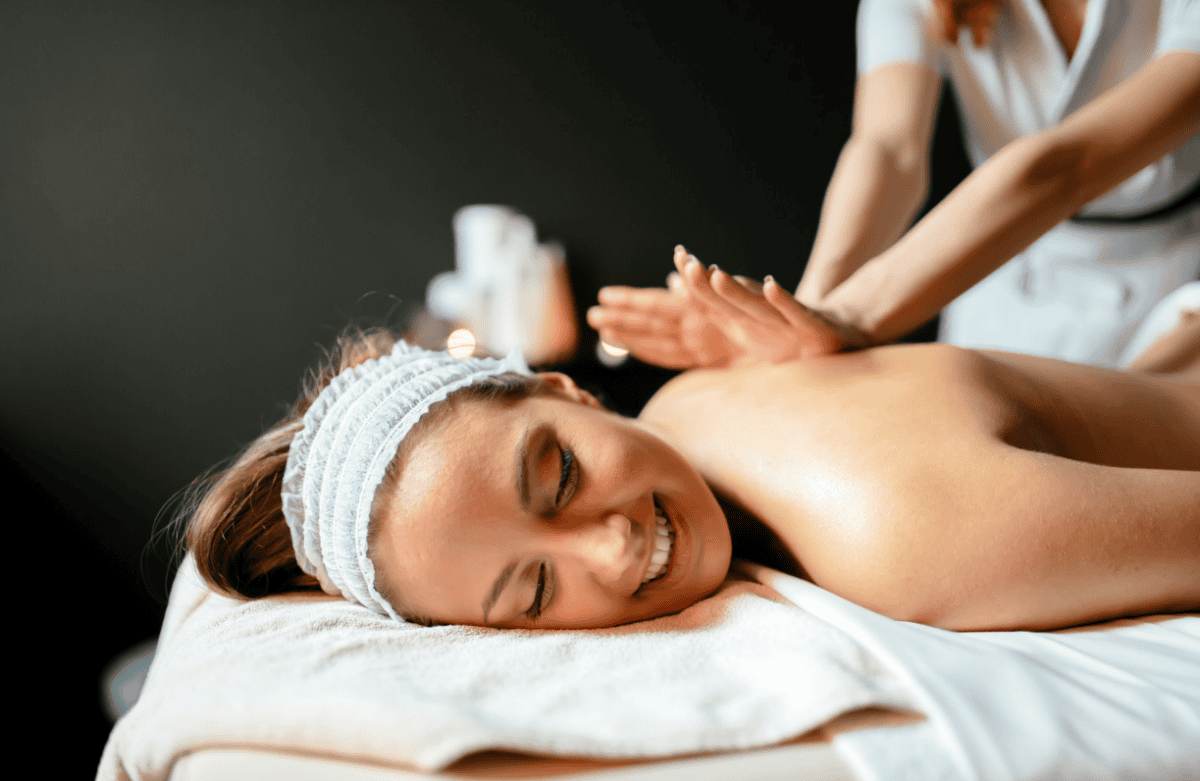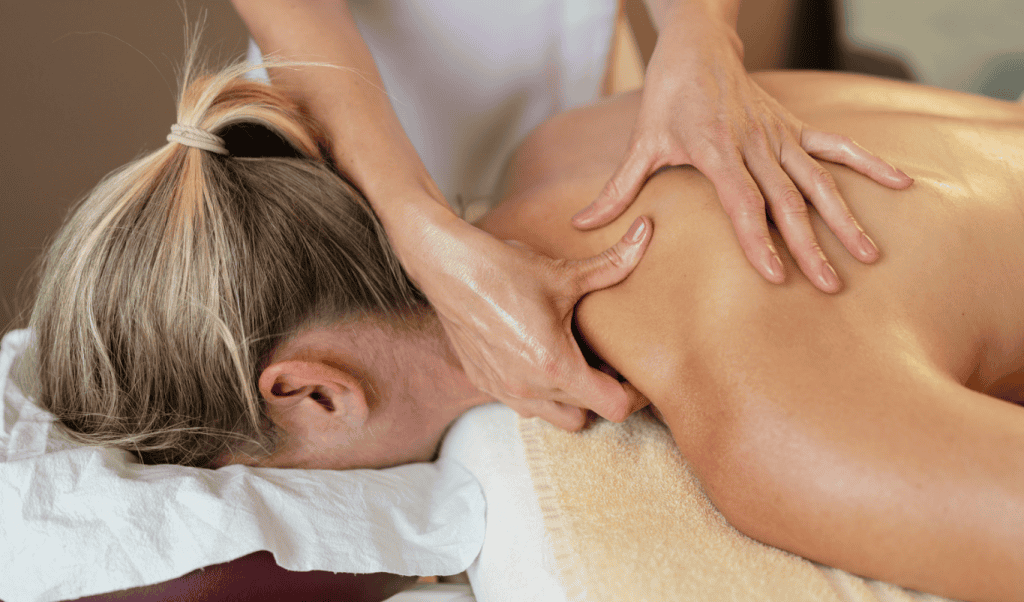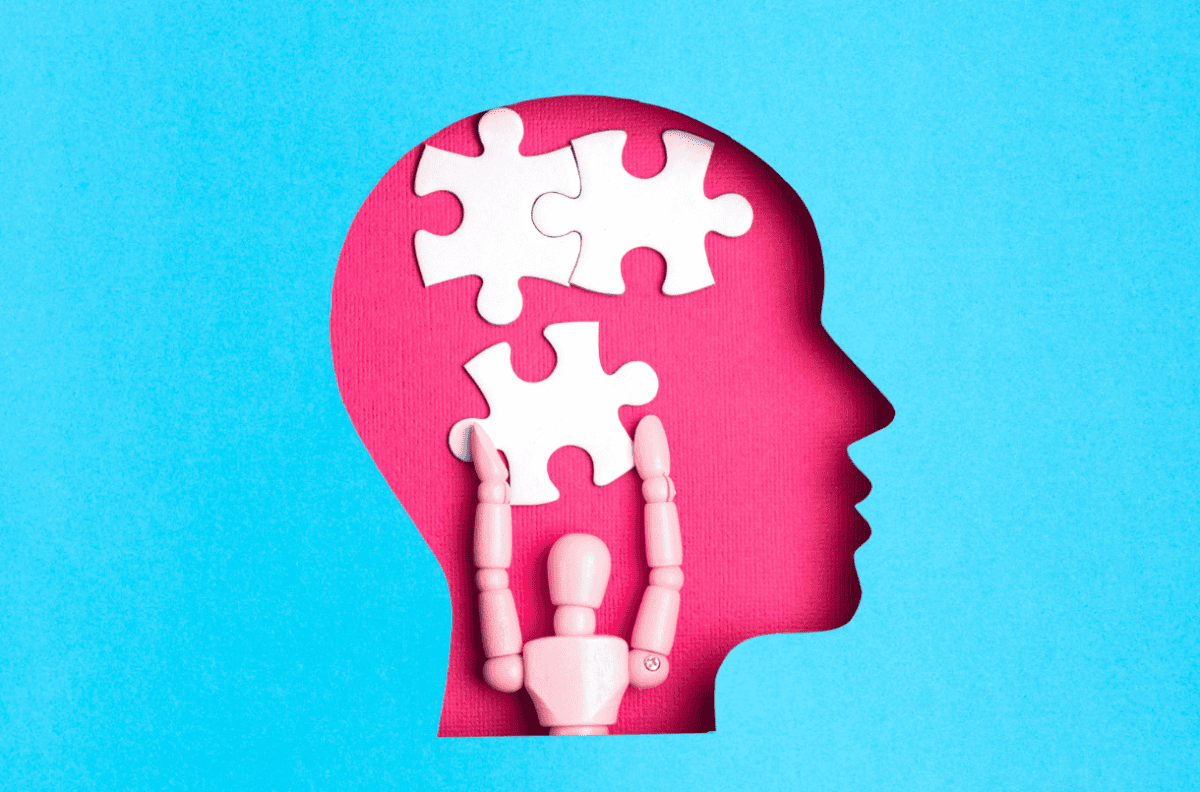As we age, taking care of our bodies becomes more critical than ever. While it’s easy to believe that the golden years are far away, the truth is that the sooner we adopt healthy habits, the more we can safeguard our physical and mental health against the inevitable challenges of aging. Is healthy aging possible?
Waiting until you’re older to make lifestyle changes can mean it’s too late to prevent age-related conditions like heart disease, high blood pressure, and cognitive decline. By making small yet impactful choices now, we can enjoy a more vibrant and healthier future.
This article will cover eight essential habits to incorporate into your daily routine to ensure a strong and healthy aging process.
Healthy Habits for Healthy Aging
1. Prioritize a Balanced Diet
One of the most important factors in healthy aging is maintaining a balanced diet. The sooner you start incorporating vegetables and fruits into your daily diet the better your health will be as you age.
Also, make sure you have a sufficient amount of whole grains and lean proteins. These nutrient-dense foods keep weight in check and reduce the risk of chronic diseases like diabetes, heart disease, and osteoporosis.
It’s also important to focus on foods that are high in antioxidants, such as leafy greens and bell peppers. These nutrients help combat oxidative stress, which can lead to cellular damage and accelerate the aging process.
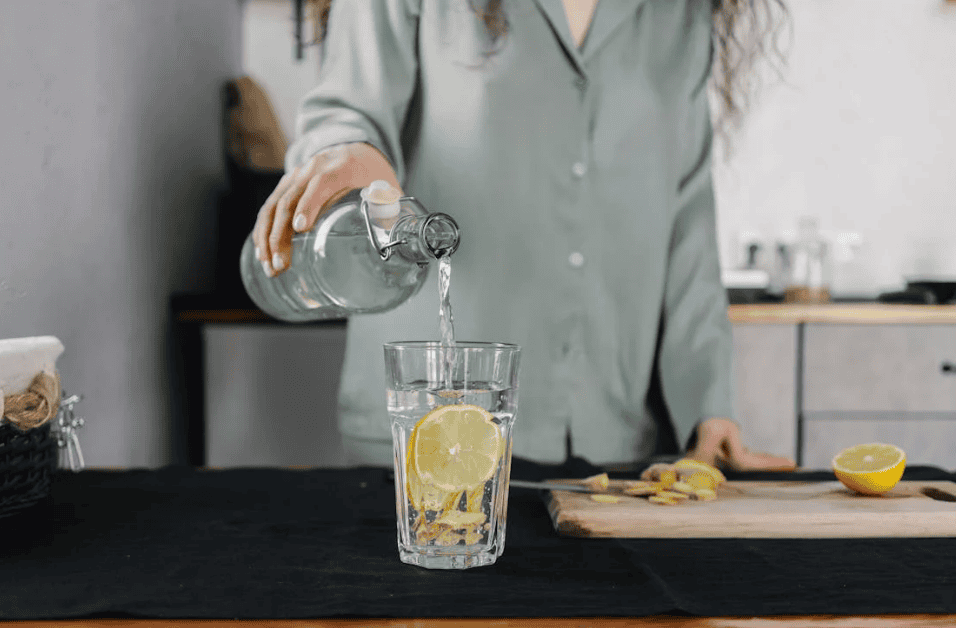
2. Take Essential Supplements for Health Support
As you age, your body may struggle to absorb all the nutrients it needs from food alone. This is where supplements can play a vital role in maintaining your health. Essential supplements, such as omega-3 fatty acids, vitamin D, and magnesium, can help protect against major age-related conditions like high cholesterol and high blood pressure.
One trusted option is Melaleuca’s Peak Performance Pack, which is one of the best Melaleuca products for healthy aging. It is specifically designed to boost overall health and reduce inflammation. The supplements in this pack have been formulated to support heart health, enhance energy, and improve immune function.
Melaleuca: The Wellness Company, founded and led by Frank VanderSloot, is one of America’s top manufacturers and distributors with over 450 health-related, personal care, and home care products. It’s crucial to choose supplements from such a reliable manufacturer to ensure you’re getting the most benefit for your health.
3. Stay Physically Active
Physical activity is essential to staying healthy as you age. Regular exercise helps maintain muscle mass, improve bone density, and boost cardiovascular health. It also promotes flexibility and balance, which are critical for preventing falls and maintaining independence in older age.
Whether it’s taking a brisk walk, practicing yoga, or participating in strength training, staying active for at least 30 minutes a day can have long-lasting health benefits.
Exercise also releases endorphins, which improve mood and help combat feelings of depression and anxiety, common challenges as people get older. The key is to find physical activities that you enjoy so you’ll be more likely to stick with them over time.

4. Prioritize Mental Health
Your mental well-being is just as important as your physical health. Keeping your brain engaged and your stress levels in check can help prevent cognitive decline and other mental health challenges associated with aging. Activities like reading, puzzles, and learning new skills can stimulate your brain and keep your mind sharp.
In addition to cognitive exercises, managing stress through mindfulness practices such as meditation, deep breathing, or yoga can boost mental health. Chronic stress has been linked to several age-related issues, including heart disease and high blood pressure. Therefore, staying mentally active and managing stress effectively is essential for a happier, healthier aging process.
5. Maintain Strong Social Connections
Loneliness and isolation are serious concerns for many older adults, and maintaining strong social connections becomes essential. Engaging with friends, family, or community groups can reduce the risk of depression, improve immune function, and even extend your lifespan.
To maintain these connections, make it a priority to stay in touch with loved ones, join clubs or social groups, and participate in activities that foster a sense of community. Whether it’s a regular coffee date with a friend or volunteering in your local community, these interactions are key to staying emotionally and physically healthy as you age.
6. Get Regular Health Checkups
Regular checkups are a key component of preventive healthcare, especially as we get older. While many people only visit the doctor when something is wrong, establishing a routine for annual health checkups can help catch potential issues early before they become major health problems.
These checkups help monitor cholesterol levels, blood pressure, and other risk factors for conditions like heart disease, diabetes, and cancer. Screenings for common age-related diseases—such as mammograms, colonoscopies, and bone density scans—can significantly improve outcomes through early detection.
By staying on top of your health with regular visits to your doctor, you’ll have the peace of mind that comes with knowing you’re doing everything possible to safeguard your well-being.
7. Focus on Quality Sleep
Sleep is essential to the body’s ability to rejuvenate and heal. As we age, changes in sleep patterns are common. You might sleep less and even find it difficult to fall asleep. However, maintaining quality sleep is critical for both mental and physical health. Poor sleep has been linked to cognitive decline, weakened immunity, and increased risk of heart disease.
In order to make sure you get seven to nine hours of quality sleep, develop healthy sleeping practices such as following a schedule and switching off all devices an hour or two before you go to bed.
It’s also helpful to make your sleep environment as comfortable as possible—this means a supportive mattress, cool room temperature, and minimal noise. Prioritizing sleep will help you feel more energized, maintain cognitive health, and support overall well-being.
8. Remember to Drink Plenty of Water
Staying hydrated is crucial for overall health and becomes even more important as we age. Our bodies naturally lose some of their ability to conserve water, and the sensation of thirst diminishes with age, making dehydration more common in older adults. Dehydration can lead to a range of health problems, including kidney issues, urinary tract infections, and impaired cognitive function.
To prevent dehydration, it’s recommended to drink at least eight glasses of water a day, though individual needs may vary depending on activity levels and climate. Staying hydrated supports joint health, digestion, and skin elasticity, all of which are important for maintaining overall vitality.
Aging is an inevitable part of life, but how we age depends largely on the choices we make today. By incorporating these habits into your life, you can take control of your health and well-being as you grow older.
These small but impactful changes will help you maintain a higher quality of life, allowing you to stay active, healthy, and vibrant well into your senior years. It’s never too early to start, and the benefits of adopting these habits will last a lifetime.


